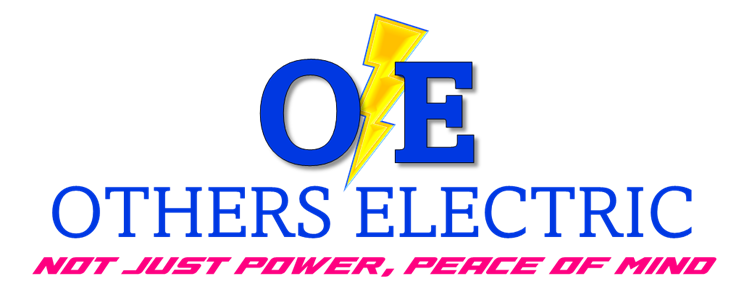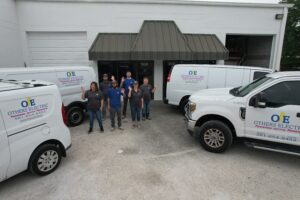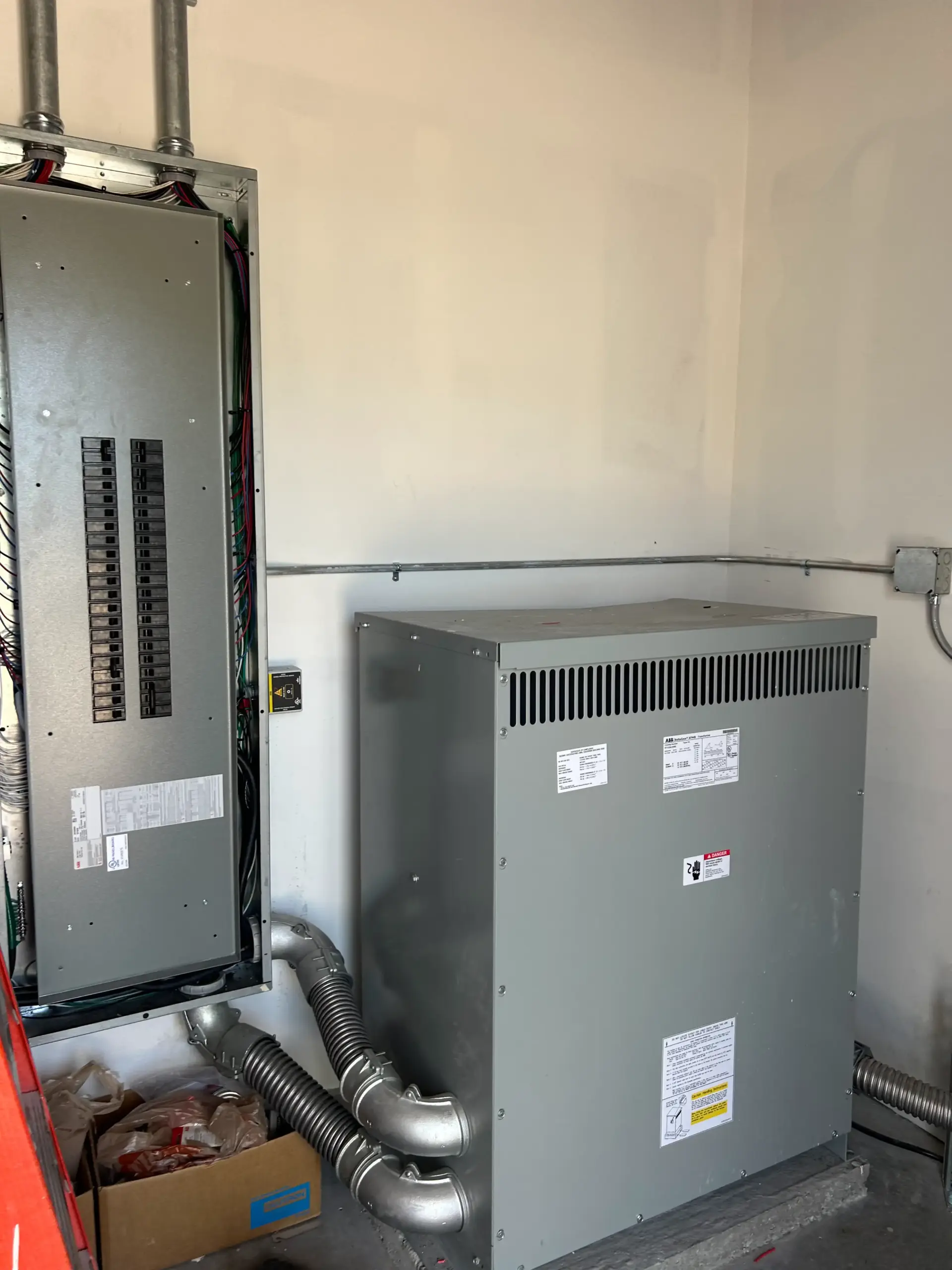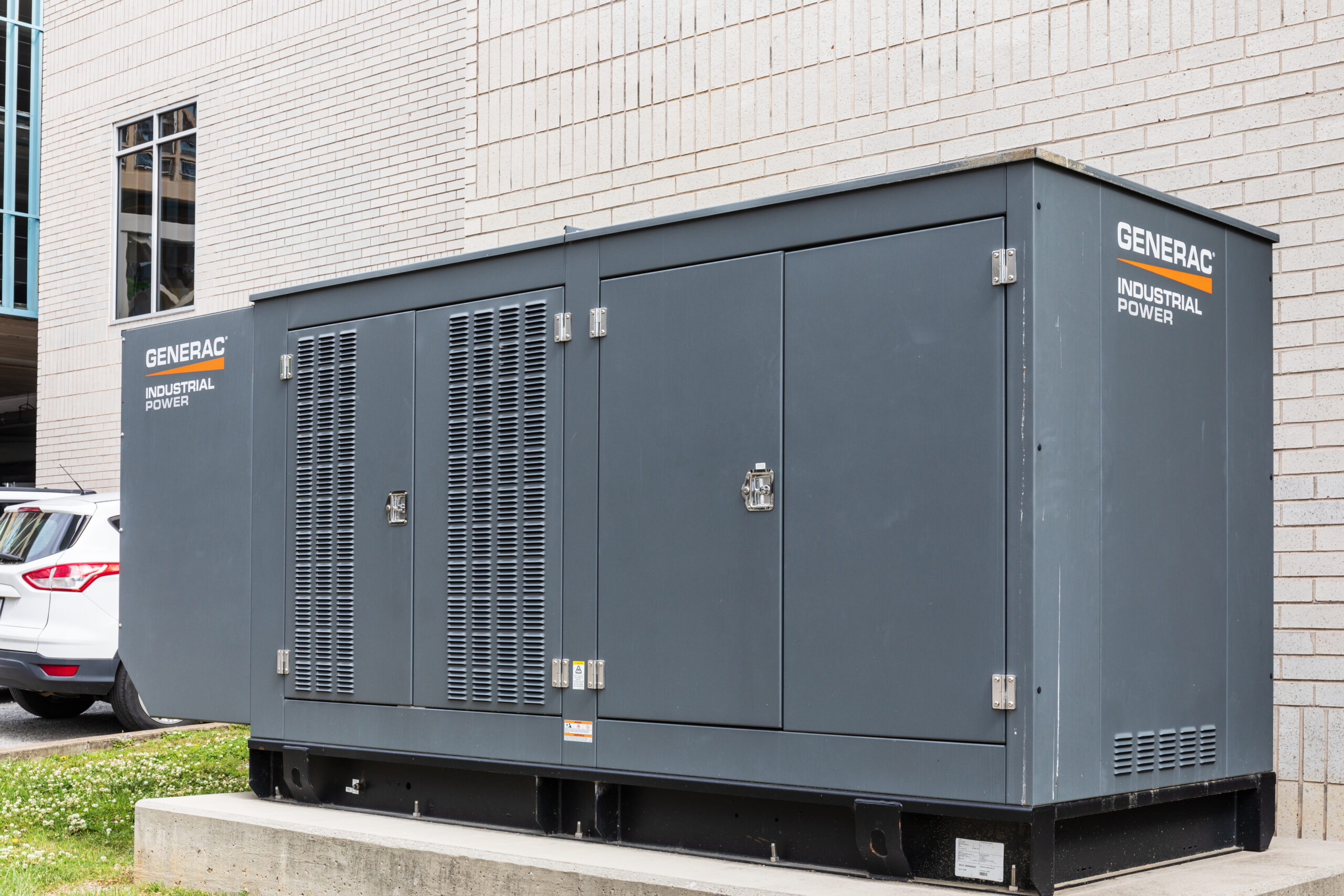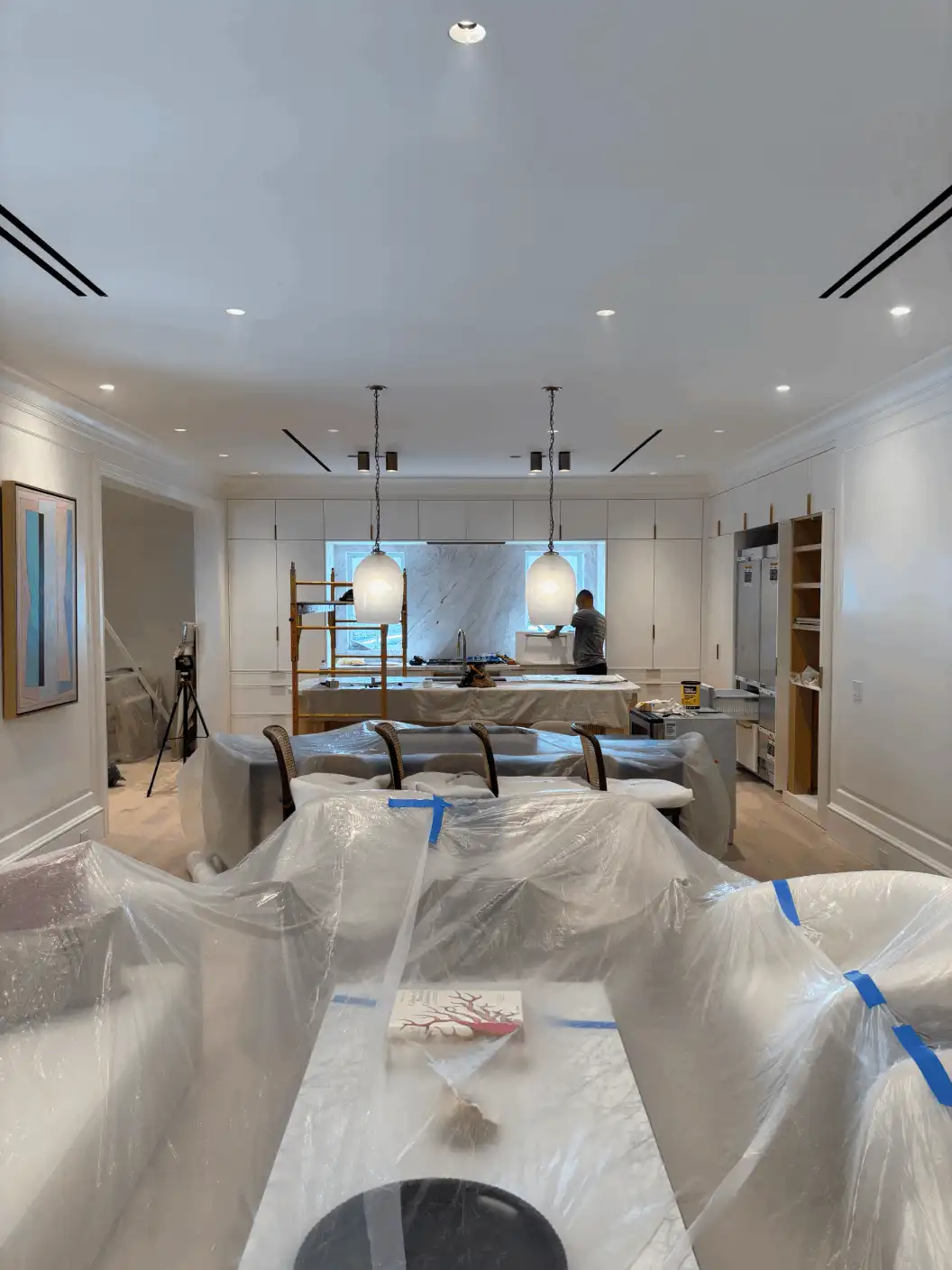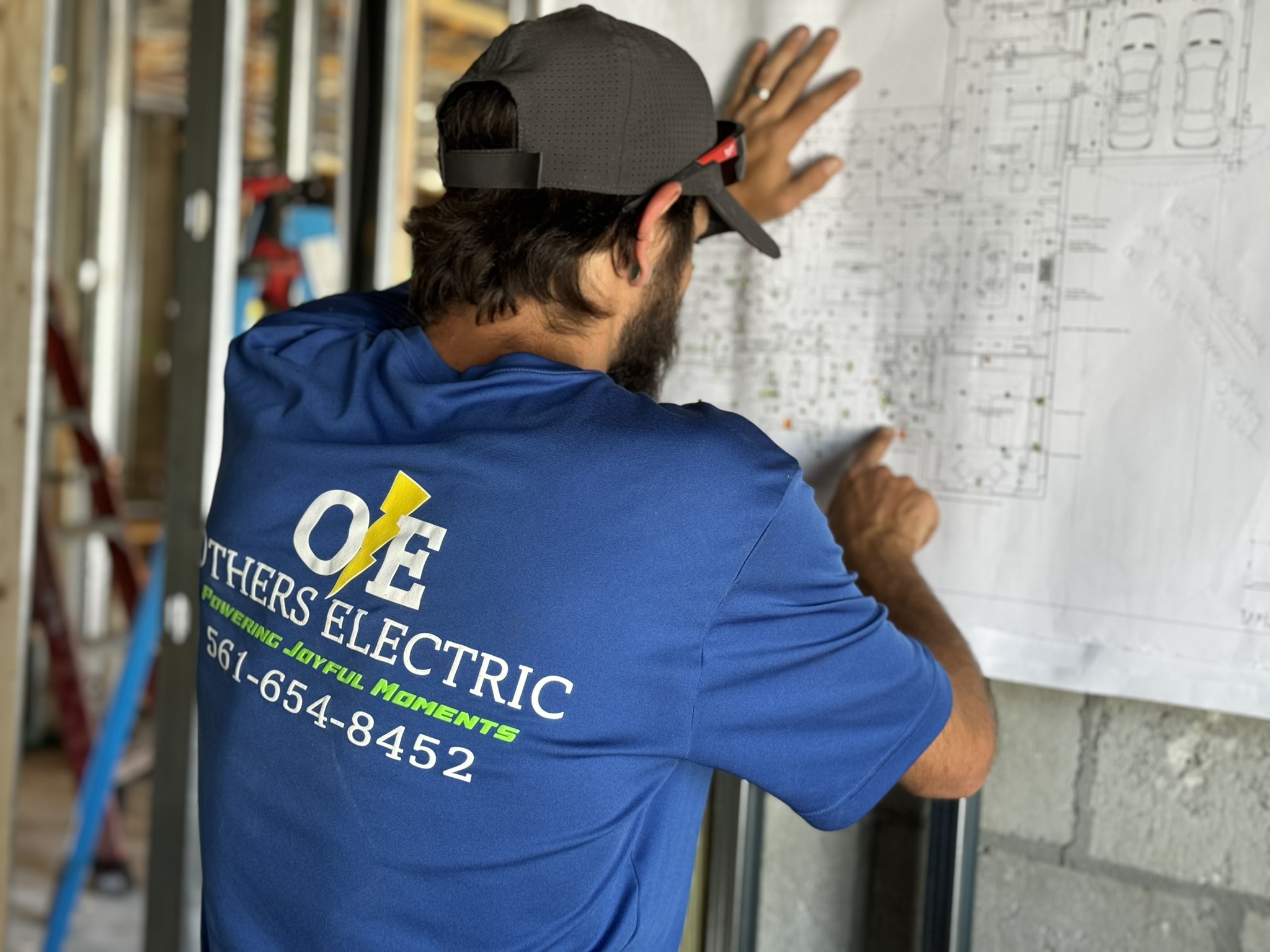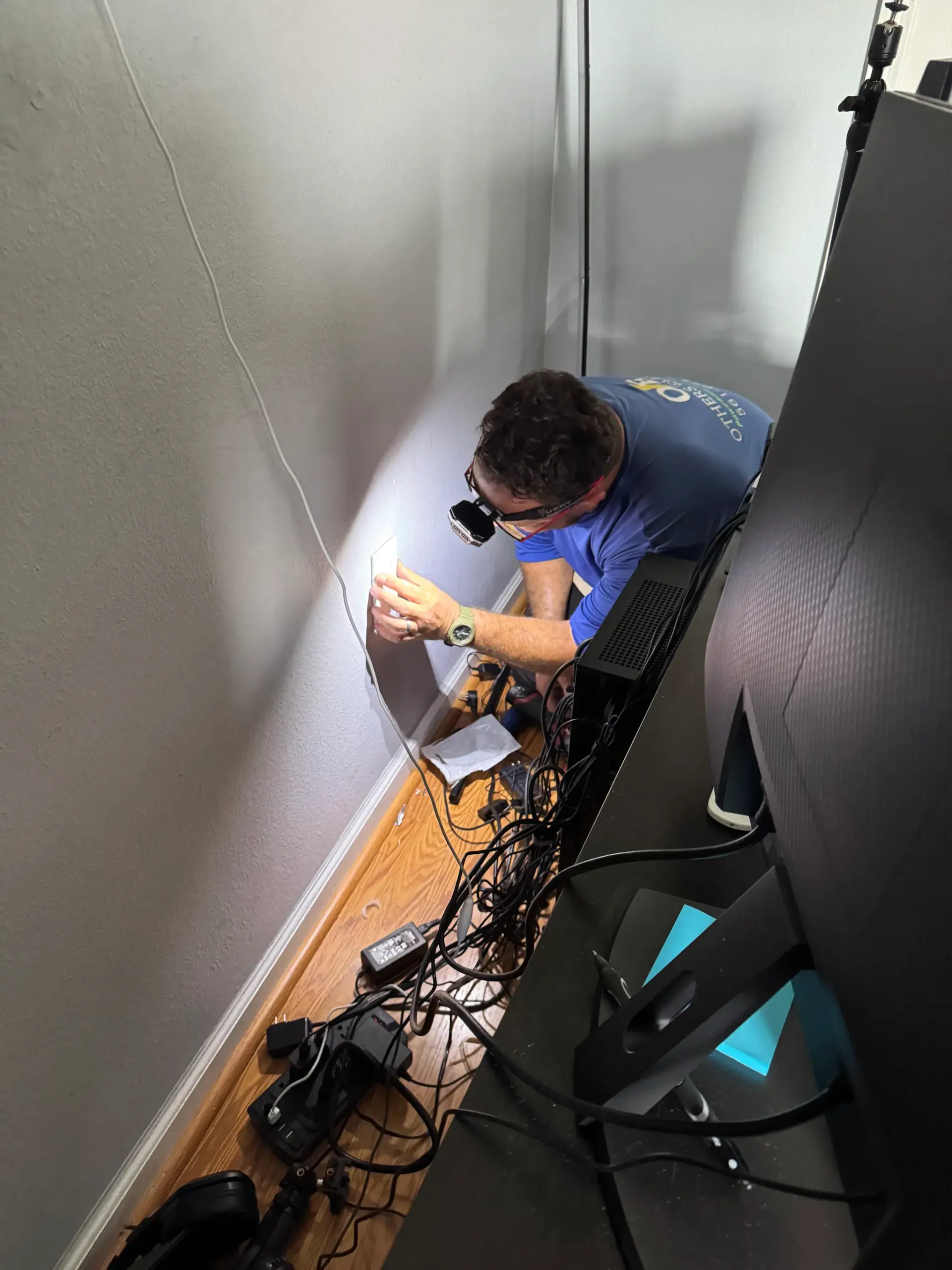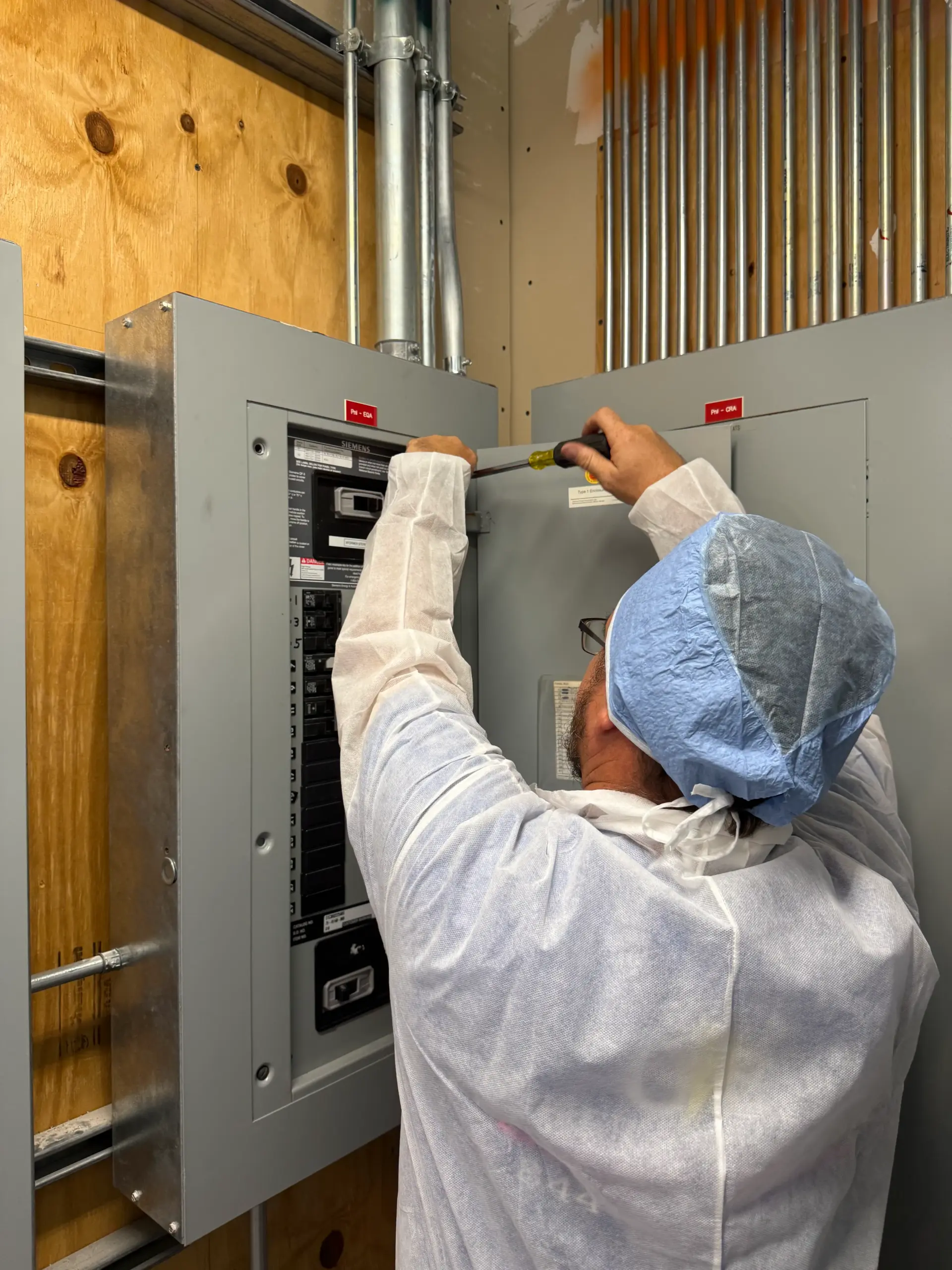When hurricane season descends on Florida, uncertainty becomes a way of life. Power outages, flooding, and high winds are inevitable. For travelers and residents seeking refuge, hotels become more than places of comfort—they are essential lifelines. That brings us to an important question: do hotels have generators for hurricanes?
The answer is increasingly yes. Many modern hotels in Florida and other hurricane-prone regions have invested in backup power systems to maintain operations during and after a storm. While not every hotel is equally prepared, a growing number recognize that uninterrupted service is not just a matter of convenience—it’s about safety, continuity, and reliability. In this article, we’ll explore how hotels approach generator installation, which systems they use, and why backup power is now considered a critical amenity.
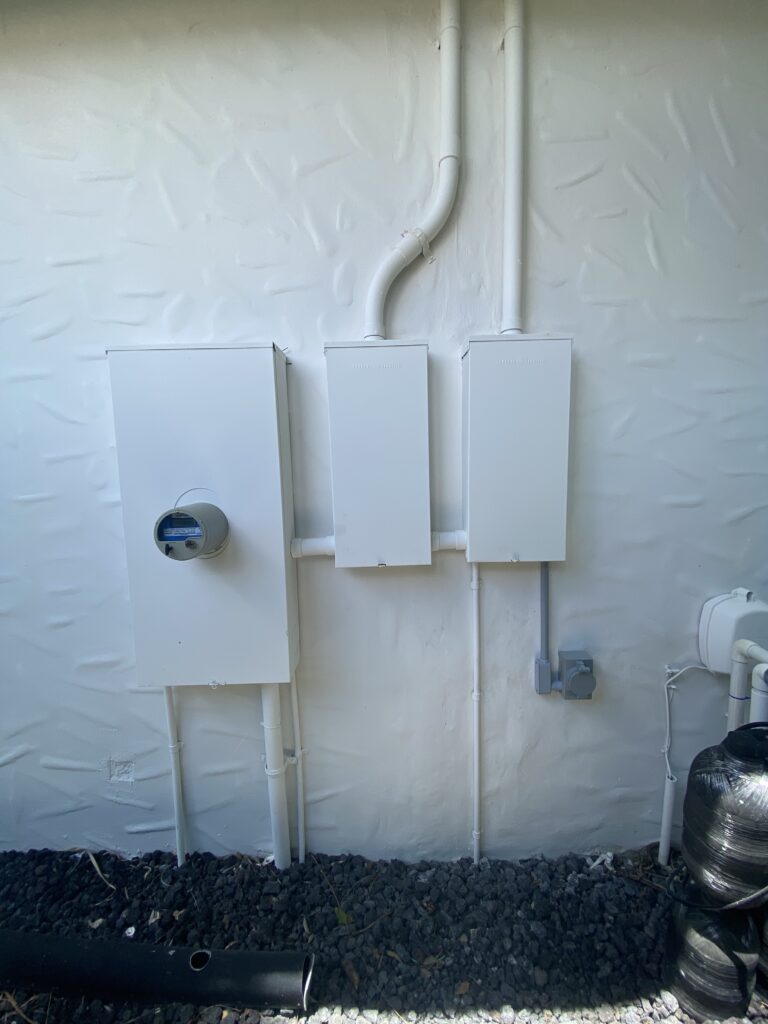
The Role of Hotels During a Hurricane
Hotels often become emergency shelters during hurricanes. They accommodate displaced families, healthcare professionals, utility workers, and even government response teams. When local infrastructure collapses, these properties serve as centralized points for recovery and safety. As a result, their ability to remain operational during extended blackouts can have wide-reaching effects on both the local community and emergency response efforts.
A generator ensures the hotel can continue running essential systems such as:
- Emergency lighting and exit signs
- Air conditioning and ventilation
- Elevator operations
- Kitchen refrigeration
- Security systems
- Wi-Fi and communication hubs
Hotels that remain functional during emergencies provide essential support to their local economy, offering temporary jobs and relief to residents in need. The ability to remain open also helps in reducing the pressure on government-managed shelters, which may be limited in space and resources. Furthermore, many hotels in storm-prone areas form partnerships with local municipalities to serve as designated emergency shelters, a responsibility that demands a high level of preparedness—including the use of commercial-grade generators.
Why Generators Are Becoming a Hotel Standard
The growing intensity of hurricanes has prompted hospitality leaders to rethink storm preparedness. Properties on Florida’s East Coast, including resorts and inland hotels alike, are increasingly equipping themselves with standby generators. According to the U.S. Department of Energy, prolonged outages are more common due to stronger storms and aging grid infrastructure. This makes generator investment not only practical but essential.
Large hotel chains like Marriott, Hilton, and Hyatt have implemented comprehensive emergency protocols that include high-capacity backup generators. These systems are usually fueled by natural gas or diesel and are sized to support at least critical operations for several days.
Smaller independent hotels may opt for portable generator systems or partner with local electricians to design cost-effective backup solutions tailored to their layout and guest capacity. The team at Others Electric offers such tailored assessments for commercial clients across Florida’s East Coast.
Hotels that fail to prepare for prolonged power outages risk losing business continuity, guest confidence, and critical revenue. In the modern hospitality industry, readiness and resilience are becoming standard expectations. Hotel guests, especially those traveling during hurricane season, increasingly inquire about a property’s backup power capabilities before booking.
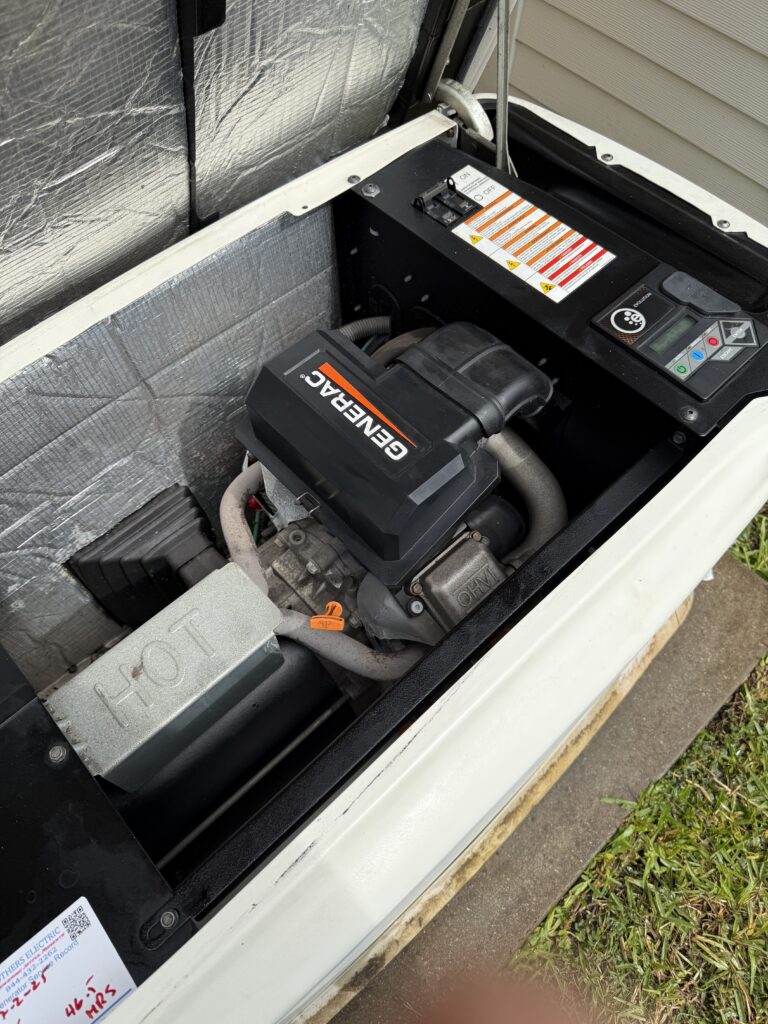
Generator Requirements and Compliance
So do hotels have generators for hurricanes because of legal mandates? In many jurisdictions, building codes and local ordinances do require certain types of backup power—particularly for fire alarms, exit lighting, and life safety systems. The Florida Building Code incorporates standards from the National Electrical Code (NEC), which requires commercial buildings to maintain emergency power for specific essential services.
Beyond codes, hotels that serve as designated evacuation centers must meet more rigorous emergency preparedness standards. These may include generator redundancy, on-site fuel storage, and automatic transfer switches that allow for seamless power restoration.
In areas prone to flooding, generator placement must follow elevation guidelines to prevent water damage. This is another reason why professional consultation is essential—improper installation can result in costly repairs or safety hazards.
In addition to these requirements, hotels often need to coordinate with local fire departments and city planning agencies to ensure that their generator installations meet all applicable regulations. Inspection schedules, maintenance documentation, and operational testing are often required before and after installation to verify system reliability.
Generator Types Common in Hotels
Most hotels opt for standby generators, which are permanently installed and automatically activate during a power outage. These systems are hardwired into the electrical panel and often include load management capabilities to prioritize critical systems.
- Diesel generators offer reliable output and are easy to refuel in bulk, though they require secure fuel storage.
- Natural gas generators are preferred in urban areas where municipal gas lines offer uninterrupted supply.
- Dual-fuel models give hotels flexibility during long outages by switching between propane and natural gas.
The size of the generator depends on the building’s square footage, guest occupancy, and systems in use. Larger hotels may use multiple units in tandem to provide partial or full facility coverage.
Some modern systems come equipped with smart monitoring technology that allows hotel staff to oversee generator performance in real-time. These systems offer alerts for maintenance needs, fuel levels, and any irregularities, helping engineers address issues before they result in failure.
Additionally, many hotels choose to install load management systems that prioritize electricity for the most critical systems during an outage. For example, a hotel might choose to power emergency lighting, HVAC for specific zones, and communication systems first, before supplying power to less essential operations.
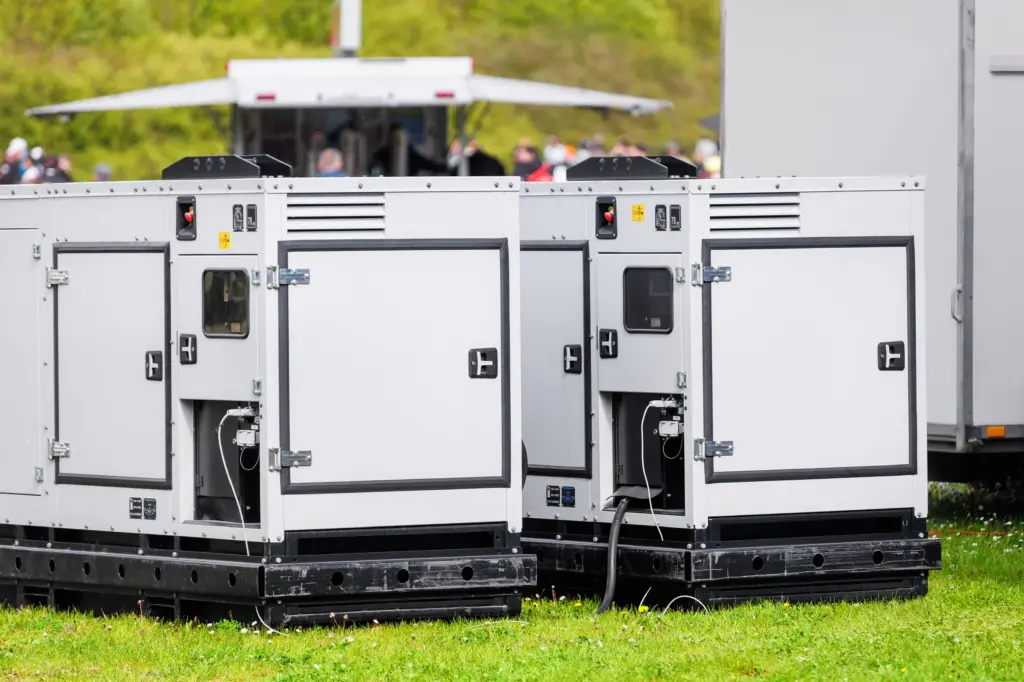
Benefits Beyond Storm Survival
While the primary reason hotels install generators is to maintain service during storms, there are secondary benefits as well. Generators:
- Protect equipment from power surges
- Preserve food inventory
- Maintain HVAC systems that prevent mold and humidity buildup
- Provide reassurance to guests and staff
From a business standpoint, hotels with generators are more likely to stay open during storms, keep guests safe, and recover quickly. This not only reduces downtime but also builds long-term brand trust. In an era of increasing climate volatility, resilience becomes a selling point.
Another advantage of having a generator is operational flexibility. Hotels that experience localized grid issues—unrelated to storms—can still operate without interruption. This capability can make the difference between canceling reservations or continuing service.
The financial upside is also significant. Hotels with backup power systems may qualify for lower insurance premiums or tax incentives offered for disaster preparedness investments. Moreover, they stand a better chance of winning contracts to host corporate, government, or relief organization bookings during storm seasons.
The Importance of Professional Installation
Installing a commercial-grade generator is a complex process. It involves site assessment, load calculations, fuel sourcing, code compliance, and post-installation testing. Electrical professionals like Others Electric specialize in helping hotels and other commercial properties design systems that are scalable, safe, and compliant with Florida’s regulatory framework.
A correctly installed generator also includes automatic transfer switches, weatherproof enclosures, and remote monitoring capabilities. These allow property managers to switch power seamlessly and receive alerts in real time—an invaluable feature during an unfolding emergency.
Regular maintenance is essential to ensure reliability. Hotels that operate generators must commit to ongoing inspections, fuel quality checks, battery replacement, and periodic system tests. Collaborating with a licensed electrical contractor ensures that every component functions as intended, even during high-demand scenarios.
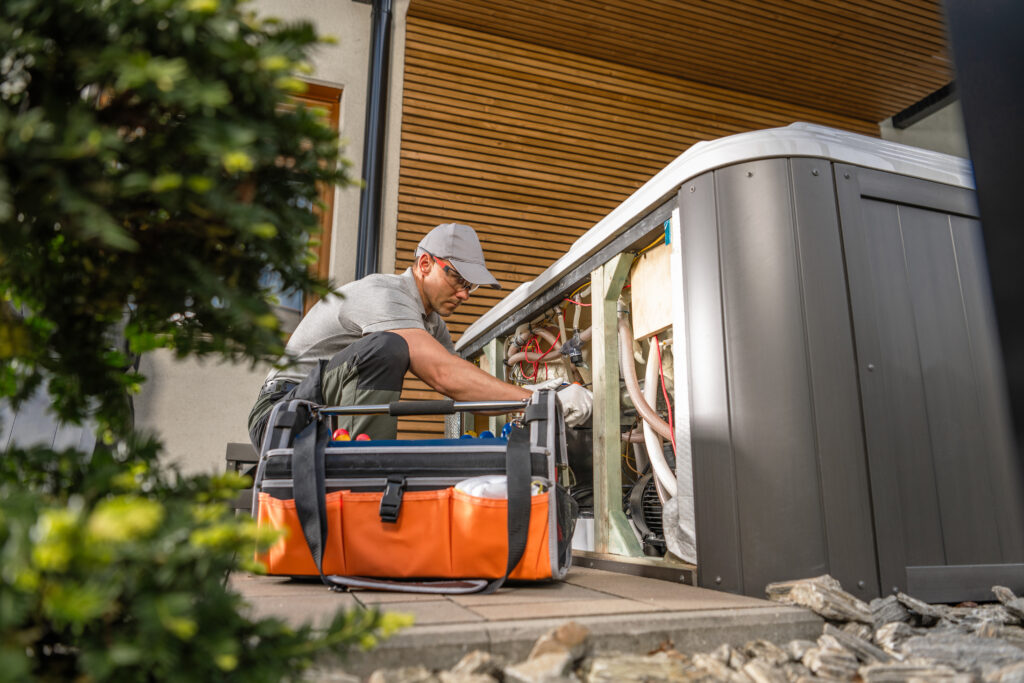
Conclusion
So, do hotels have generators for hurricanes? Increasingly, the answer is yes—and for good reason. Hotels are not only places of hospitality but also vital components of community resilience. Whether hosting evacuees or safeguarding infrastructure, hotels that invest in backup power are better equipped to serve, survive, and recover.
As Florida’s hurricane seasons grow more intense, generator installation is becoming a strategic imperative for hotel owners and property managers. At Others Electric, we’re proud to help businesses strengthen their storm preparedness with commercial-grade generator solutions tailored to every facility’s needs.
To learn more about building codes and storm preparation best practices, consult resources at the National Hurricane Center, the U.S. Department of Energy, or review commercial safety standards provided by the National Fire Protection Association.
